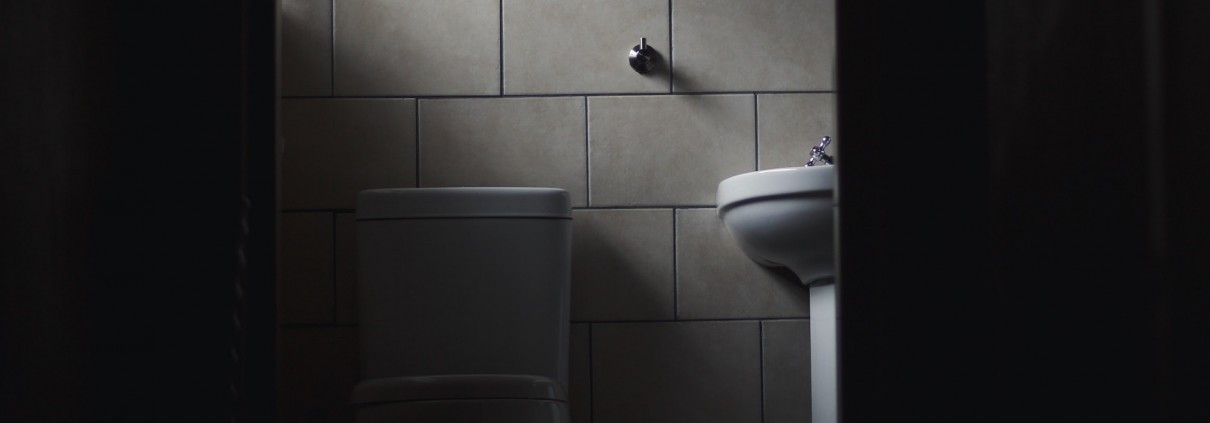Dementia & Toilet Incontinence
As dementia progresses, a person will have less and less control over their physical self. One of the most difficult to deal with is going to the bathroom. It is not uncommon for people who are in the late stages of dementia to loose control over their ability to control when, where and how they go to the bathroom.
Dementia & Toilet Incontinence: Reasons For A Loss of Control
Dealing with these changes can require quite a bit of management. When a person is unable to control their need to go to the restroom, this is called incontinence. There are a multitude of causes for incontinence including, but not limited to
- A person may already have underlying medical issues such as a UTI, prostate gland issues or IBS (irritable bowel syndrome). These issues, along with dementia can really affect someone’s ability to relieve themselves properly.
- A person may no longer be able to react quickly enough to their need to use the toilet. With reduced brain function, forgetfulness is inevitable.
- A person may start to struggle with fine motor skills. Difficulty with these skills may translate to not being able to undo clothing or sit down properly. This could result in not making it to the toilet on time.
Reducing Dementia Related Bathroom Accidents
There are many steps that you can take to help manage and reduce the number of bathroom accidents someone has with dementia. Below are listed a few.
- Create a sign on the toilet or bathroom door with words or a picture that can help someone identify where the toilet is.
- Create a clear, uncluttered path to the bathroom so that getting there is easy
- Install handrails and a raised toilet seat
- Make sure that the person with dementia is wearing clothes that are easy to remove when the time comes to use the toilet.
- Ask the person regularly whether they need to use the toilet and look for any signs they want to go to the toilet, such as fidgeting, pacing or pulling at their clothes
- Regulate when the person drinks liquids throughout the day, particularly at night.
- Use a cover on the toilet that is easy to spot so that the toilet is easier to see.
- Ensure good personal hygiene.
- When you’re out with the person, find out where the accessible toilets are and carry spare clothing, wipes, and pads, as well as a bag for soiled items.
- Have the person wear incontinence pads and pull-up pants, which draw fluids away from the skin.
If a person does have an accident, try to remember that it’s not their fault. Try to be as patient and understanding as possible. You can also seek help from a medical professional on the best ways to handle a person who is in your care. Orchard at Brookhaven is here to help provide you and your family the best support possible. Please contact us to learn more about our community and programs.



